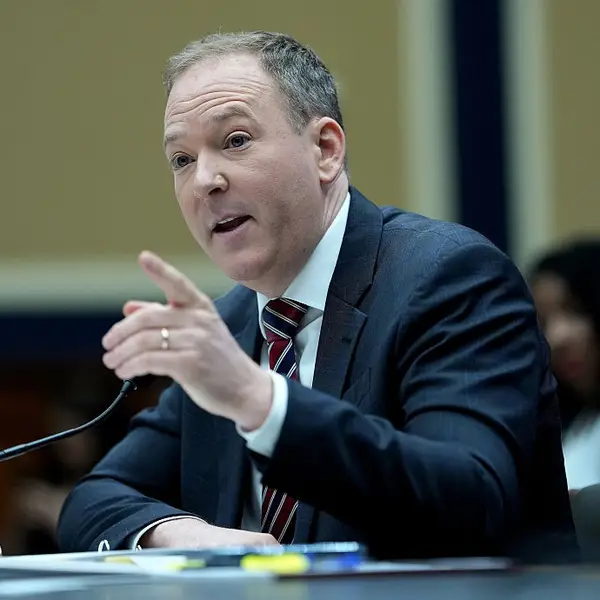The U.S. Department of
Agriculture wants agribusiness to sell more genetically engineered (GE) seeds and food products all over the world, as soon as possible. This rule would go beyond already controversial genetically modified organisms (GMOs) to encompass hundreds of new products of new gene and genome editing techniques. The fastest way to do that? Propose a rule to let GE product developers declare that their products don't need to be regulated.
If the proposed rule becomes law, USDA will write a letter like this:
Dear Biotechnology Product Developer,
We write in response to your request that we affirm the validity of your self- determination that your GE product complies with USDA rules authorized by the Plant Protection Act. We grant your request. You may sell your product in the U.S. and in foreign countries, once you have received grants of self-determination validity from the Food and Drug Administration and the Environmental Protection Agency.
(FDA and EPA rules for self-determination will come all too soon.)
Unfortunately, this scenario is not science fiction, but the very likely result of USDA's proposed rule, if it is finalized. The deadline for public comment on the rule is August 5. IATP opposed the rule in a July 30 letter for several reasons, including:
- Input to develop the proposed rule occurred at private meetings with 80 organizations, with no public record of how these organizations influenced the content of the proposed rule. The private meetings with no public announcement are likely illegal under the Administrative Procedures Act and other laws governing federal rulemaking.
- The Plant Protection Act requires USDA to evaluate the potential for new plant products to become "noxious weeds" and cause "direct or indirect injury of damage" to crops ... "and the natural resources of the United States," (7 USC 7702, para 10). The proposed rule fails to use USDA's noxious weed authority and so violates the Plant Protection Act.
- The proposed rule would allow GE plants to produce industrial chemicals and pharmaceuticals to be granted "non-regulatory status" without evidence from field trials. Jennifer Kuzma, a member of the U.S. National Academy of Sciences' Committee on Preparing for Future Biotechnology (terminated in 2017) wrote of the proposed rule "forgoing scientific studies or field testing for most GE crops seems anti-science and precarious." USDA concedes that some "federal oversight" might be needed to prevent GE pharma and industrial chemical crops from contaminating open-pollinated crops, such as corn and wheat. Such oversight would begin with USDA using its noxious weed authority, which it refuses to do in this proposed rule.
- Research to eliminate agricultural pests and weeds by using GE "gene drives" is well advanced. GE gene drives enable targeted traits, such as insect sterility and plant gene flow "kill switches," to move through future generations of insects and plants. "Gene Drives on the Horizon," a 2016 National Academies of Sciences report, stated "The potential for gene drives to cause irreversible effects on organisms and ecosystems calls for a robust method to assess risks." Because the proposed rule rejects use of USDA's noxious weed authority, USDA cannot use the proposed rule to effectively risk assess applications to commercialize GE gene drives.
USDA, in its desire to maximize trade in GE crops as soon as possible and everywhere, has proposed a rule that would make it exceedingly difficult to assess a GE plant's risks, even for the "unfamiliar products" that are targeted for USDA paperwork review, when GE product developers decide not to self-determine their compliance with the rule to increase acceptance of their products by foreign regulators in U.S. export targets . The classification of commercial applicant studies and data as "confidential business information" adds to a proposed rule that, as Professor Kuzma writes, "does not inspire public confidence."




